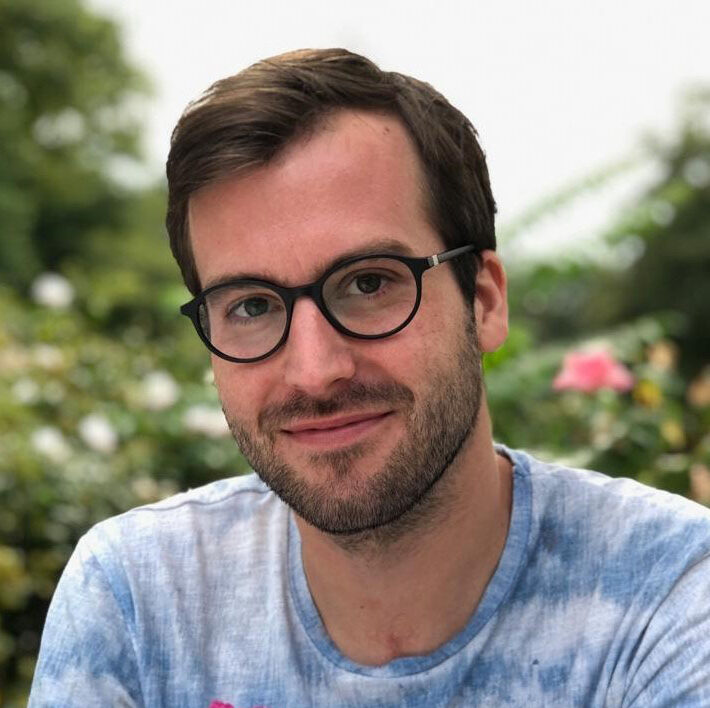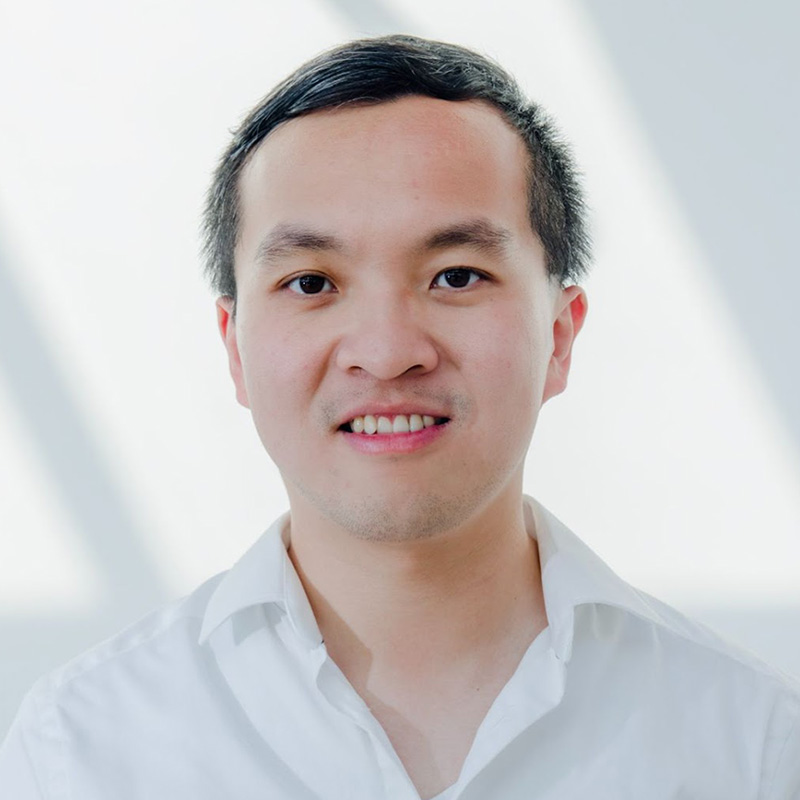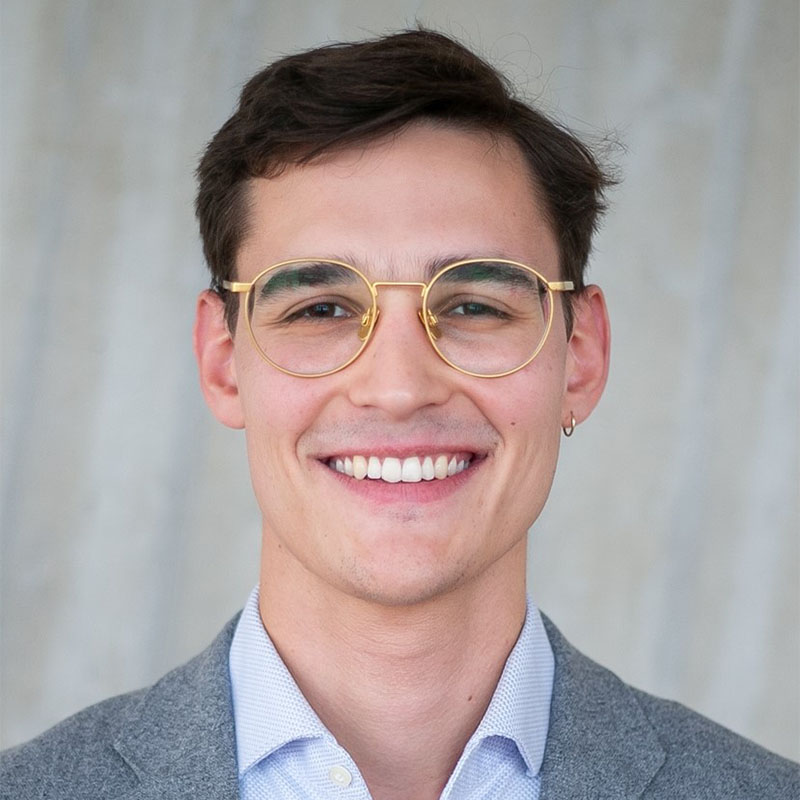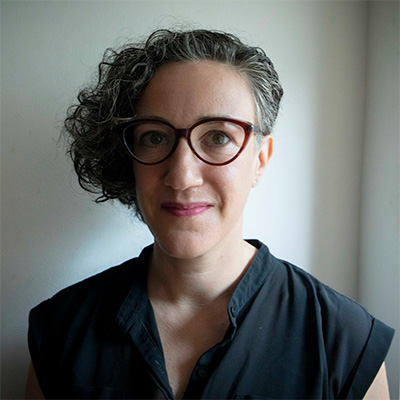Our postdoctoral scholars program, launched in 2019, is an integral component of the Stone Center. Each academic year, a new cohort of two postdocs joins our team at the Graduate Center for a period of two years. The postdocs — four in residence at any given time — carry out individual research projects related to socio-economic inequality and mobility, and engage with the Center’s senior scholars, associated graduate students, and staff.
In each cohort, one postdoc is selected for a position that focuses on high-end wealth inequality in the United States, internationally, or both. In addition to doing individual research, this postdoc contributes to the Center as a member of the GC Wealth Project team. The second position is open to candidates working on various facets of socio-economic inequality. Preferred topics vary from year to year and often expand the range of the Center’s existing work in new disciplinary, methodological, and substantive directions.
In addition to a competitive salary and a comprehensive CUNY benefits package, postdoctoral scholars receive generous funding to hire Graduate Center students as research assistants, private offices with desktop computers, and additional support to help offset the costs of software, books and journals, and research-related travel. Postdocs have the opportunity to organize and participate in the Multidisciplinary Seminar Series, a forum that connects researchers from various backgrounds, both inside and outside of the Graduate Center, who are interested in inequality; to submit working papers to the Stone Center Working Paper Series; and to extend the reach of their work to both academic and general audiences through the Stone Center’s website.
Current Postdoctoral Scholars
Selected Work by Stone Center Postdoctoral Scholars
How Many Brackets Should We Ask for to Derive Adequate Metric Information for Income and Wealth?
M. Longmuir and M. M. Grabka. Survey Research Methods. vol. 18, no. 3. pp. 251–261. 2024.
Wealth and Welfare: Do Private and Public Safety Nets Compensate for Asset Poverty?
S. Rapp and S. Humer. Social Inclusion. vol. 11, no. 1. pp. 176–186. 2023.
Artificial Intelligence Policymaking: An Agenda for Sociological Research
T. Law and L. McCall. Socius. vol. 10. 2024.
The Impact of Paid Sick Leave Mandates on Women’s Employment and Economic Security
M. Slopen. Journal of Policy Analysis and Management. 2024.
Training Computational Social Science Ph.D. Students for Academic and Non-Academic Careers
A. Kesari, J.Y. Kim, S. Shah, T. Brown, T. Ventura, and T. Law. PS: Political Science & Politics. 2023.
Tax Principles, Policy Feedback, and Self-Interest: Cross-National Experimental Evidence on Wealth Tax Preferences
M. Schechtl and D. Tisch. Socio-Economic Review. 2023.
Income Composition Inequality
M. Ranaldi. The Review of Income and Wealth. vol. 68, no. 1, pp. 139–160. 2022.
The Weight of the Rich: Improving Surveys Using Tax Data
T. Blanchet, I. Flores, and M. Morgan. The Journal of Economic Inequality. vol. 20, pp. 119–150. 2022.
Capitalist Systems and Income Inequality
M. Ranaldi and B. Milanovic. Journal of Comparative Economics. vol. 50, no. 1, pp. 20–32. 2022.
Testing the Efficacy of Three Informational Interventions for Reducing Misperceptions of the Black–White Wealth Gap
B. Callaghan, L. Harouni, C. H. Dupree, M. W. Kraus, and J. A. Richeson. Proceedings of the National Academy of Sciences. vol. 118, no. 38. 2021.
Paid Sick Leave and the Employment and Employment Intensity of Older Workers
M. Slopen. Stone Center Working Paper Series. no. 100. 2025.
The GC Wealth Project Data Warehouse v.1.2 – Documentation
S. Morelli, T. Asher, F. Di Biase, F. Disslbacher, I. Flores, L. Giangregorio, A. Rego Johnson, M. Longmuir, G. Rella, M. Schechtl, F. Subioli, and M. Targa. Stone Center Working Paper Series. no 99. 2024.
Reform Windfall as Redistribution: A Survey Experiment on Redistributive Preferences in Contemporary China
M. Belguise, N. Y. Chen, Y. Huang, and Z. Mo. Stone Center Working Paper Series. no. 97. 2024.
Enforcing Colonial Rule: Blood Tax and Head Tax in French West Africa
D. Cogneau and Z. Mo. Stone Center Working Paper. no. 96. 2024.
Non-Meritocrats or Choice-Reluctant Meritocrats? A Redistribution Experiment in China and France
M. Belguise, Y. Huang, and Z. Mo. Stone Center Working Paper. no. 93. 2024.
The Subjective Wealth Distribution: How It Arises and Why It Matters to Inform Policy?
P. Fessler and S. Rapp. Stone Center Working Paper. no. 92. 2024.
Leaving Legacies and Liabilities: The Distribution of Wealth at Death
F. Disslbacher and S. Rapp. Stone Center Working Paper. no. 90. 2024.
The GC Wealth Project Data Warehouse v.1 – Documentation
S. Morelli, T. Asher, F. Di Biase, F. Disslbacher, I. Flores, A. Rego Johnson, G. Rella, M. Schechtl, F. Subioli, and M. Targa. Stone Center Working Paper Series. no 75. 2023.
The Gender (Tax) Gap in Parental Transfers. Evidence from Administrative Inheritance and Gift Tax Data
D. Tisch and M. Schechtl. Stone Center Working Paper Series. no. 68. 2023.
Intergenerational Mobility in Income and Consumption: Evidence from Indonesia
R. Zafar. Stone Center Working Paper Series. no. 55. 2022.
Stone Center Scholars Present Work at III/LIS Economic Inequality Conference
Fifteen researchers associated with the GC CUNY Stone Center, including three senior scholars, attended the 2nd III/LIS Comparative Economic Inequality Conference, held in Luxembourg on February 27 and 28.
The Stone Center Announces Its Seventh Cohort of Postdoctoral Scholars
A seventh cohort of postdoctoral scholars will join the Stone Center for two-year appointments that begin in August 2025: Naomi Crowther, who was selected for the position that focuses on wealth inequality; and Marai Hayes, who was selected for the position that broadly focuses on socio-economic inequalities.
Zhexun Mo on How the Chinese Public Views Inequality and Redistribution
Stone Center Postdoctoral Scholar Zhexun Mo discusses two recent papers he contributed to the Stone Center Working Paper Series that focus on perceptions of inequality and redistribution in China.
Do Paid Leave Policies Benefit Older Workers? Meredith Slopen on Her New Project
Meredith Slopen, a Stone Center postdoctoral scholar, discusses her project on how older workers benefit from paid family leave and paid sick leave policies, for which she recently received a fellowship from the University of Wisconsin-Madison Retirement and Disability Research Center and the Institute for Research on Poverty.
How Individuals Misperceive Their Relative Wealth, and the Implications for Policy
A new working paper by Pirmin Fessler of the Austrian National Bank (OeNB) and Stone Center Postdoctoral Scholar Severin Rapp analyzes the connection between individuals’ biased perceptions of their rank on the wealth distribution, and their savings behavior.
The Link Between Left-Wing Political Parties and Lower Income Composition Inequality
In this post, former Stone Center postdoctoral scholar Bilyana Petrova explains the recently published paper she coauthored with Marco Ranaldi, also a former Stone Center postdoctoral scholar.
AI Policymaking: A New Paper Looks at How Social Scientists Can Expand the Focus from Safety to Equity
A new publication by former Stone Center postdoctoral scholar Tina Law and Stone Center Associate Director Leslie McCall discusses why and how social scientists should help shape policy debates about artificial intelligence to center equity and public engagement.
Applications Are Open for Two Postdoctoral Positions at the GC CUNY Stone Center
The Stone Center on Socio-Economic Inequality is seeking applicants for a seventh cohort of postdoctoral scholars. These full-time, two-year positions will begin in August 2025.
Stone Center’s Fourth Cohort of Postdocs to Start Tenure-Track Positions
Tina Law and Manuel Schechtl are starting new tenure-track positions this summer after completing their two-year terms at the Graduate Center.
The Stone Center Announces Its Sixth Cohort of Postdoctoral Scholars
Zhexun Mo and Severin Rapp will join the Stone Center for two-year appointments as postdoctoral scholars in September 2024.





 Stone Center on Socio-Economic Inequality
Stone Center on Socio-Economic Inequality